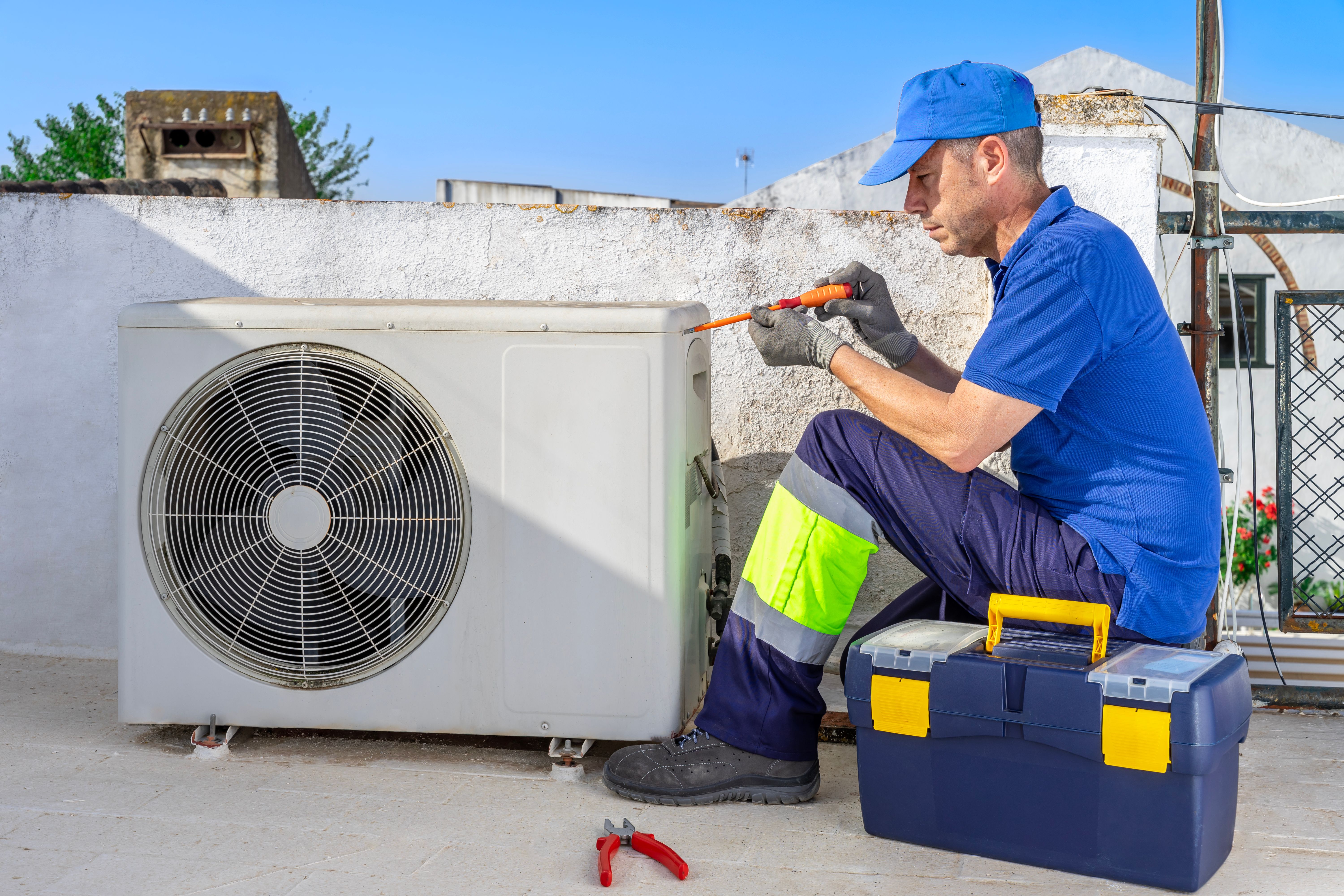Renting vs. Buying Equipment: Expert Insights for Spanish Fork
Deciding whether to rent or buy equipment is a significant consideration for businesses in Spanish Fork. This decision can impact your budget, operational efficiency, and overall business growth. Here, we explore expert insights to help you make the best choice for your needs.
Understanding the Costs
One of the primary factors in the decision-making process is the cost. Renting equipment may seem less expensive initially, but it's essential to consider the long-term expenses. When you rent, you avoid large upfront costs, but ongoing rental payments can add up over time.
On the other hand, buying equipment requires a substantial initial investment. However, ownership can lead to cost savings in the long run, especially if the equipment has a long lifespan and high utilization rate.

Flexibility and Scalability
Renting provides flexibility, allowing businesses to scale their operations up or down as needed. This is particularly beneficial for companies experiencing seasonal fluctuations or those working on short-term projects. Renting also allows access to the latest technology without the commitment of ownership.
Buying, however, offers stability. If your business requires specific machinery regularly, owning ensures constant availability and control over the equipment. This can be a strategic advantage if your operations rely heavily on specific tools.

Maintenance and Support
Maintenance is another critical aspect to consider. When renting equipment, maintenance and repairs are often included in the rental agreement. This can save time and resources, allowing your team to focus on core business activities.
Buying equipment means taking on the responsibility for maintenance. While this offers more control over the equipment's condition, it also requires additional resources for repairs and upkeep. Having a dedicated team or service provider can mitigate these concerns.

Tax and Financial Considerations
From a financial perspective, renting and buying have different implications. Rental payments are typically considered operating expenses, which can be deducted from taxable income. This can provide financial flexibility, especially for businesses with tight budgets.
Purchasing equipment may offer tax benefits such as depreciation deductions. Understanding local tax regulations in Spanish Fork is crucial to maximizing these benefits. Consulting with a financial expert can provide clarity and guidance tailored to your business needs.
Conclusion
Ultimately, the decision to rent or buy equipment in Spanish Fork depends on your business's unique needs, financial situation, and operational goals. Consider the cost, flexibility, maintenance requirements, and tax implications to make an informed decision. Whether you choose to rent or buy, aligning your choice with your business strategy will set the stage for success.